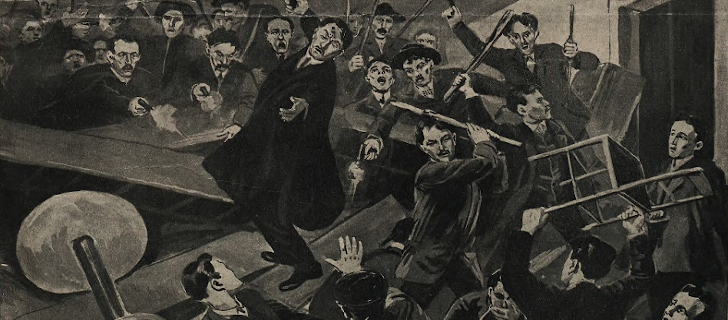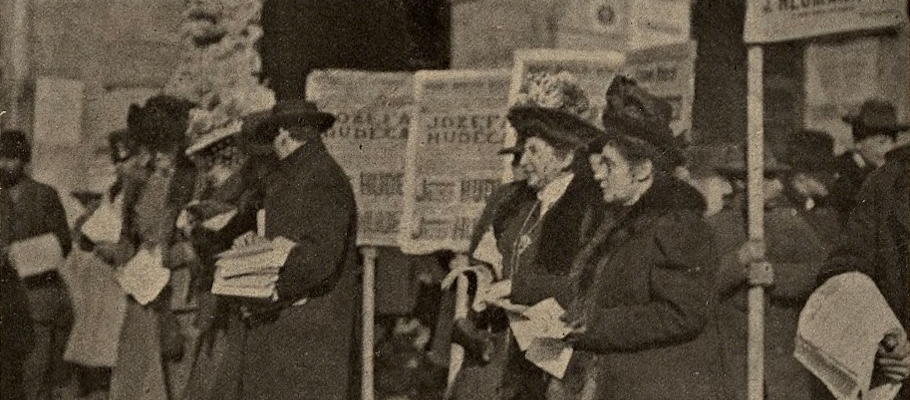


Funeral of Michał Michalski, the president of Lviv (1907)
After the unexpected death of the current burgomaster and popular politician, the city authorities organized a farewell ceremony, which the Polish press of that time described as a "city-wide manifestation."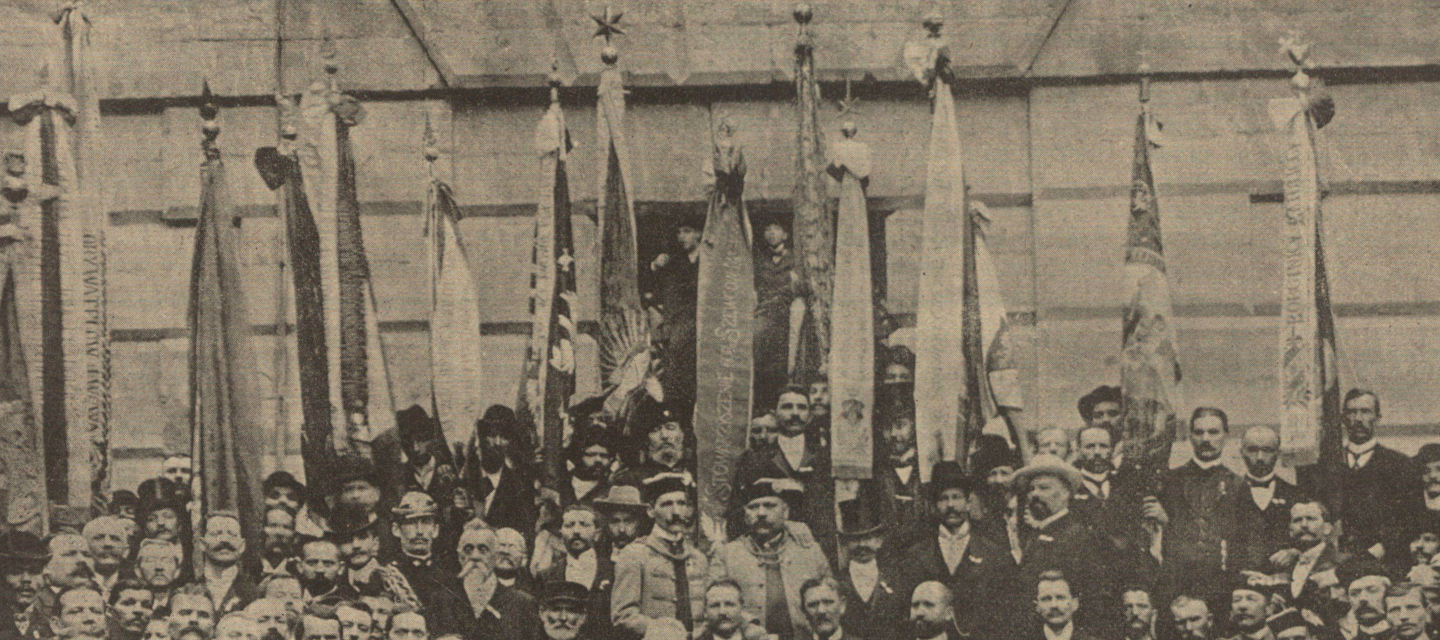
The 550th anniversary of the shoemakers' guild (May 1907)
In May 1907, Lviv celebrated 550th anniversary of the shoemakers’ guild. In fact, any anniversary "older" than the period of Galicia being under the rule of the Habsburgs is an example of the use of history in national politics, when some relic from the times of, for example, the Polish-Lithuanian Commonwealth was interpreted as valuable heritage of previous generations and as an example to follow.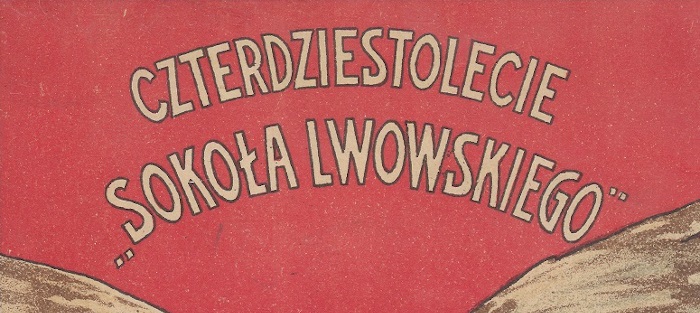
The 40th anniversary of the Polish Mother Sokół Society in Lviv (1907)
The 1907 rally was not an ordinary event in the province — it was an anniversary. That is why it lasted three days, one day longer than usual, with a larger number of participants involved.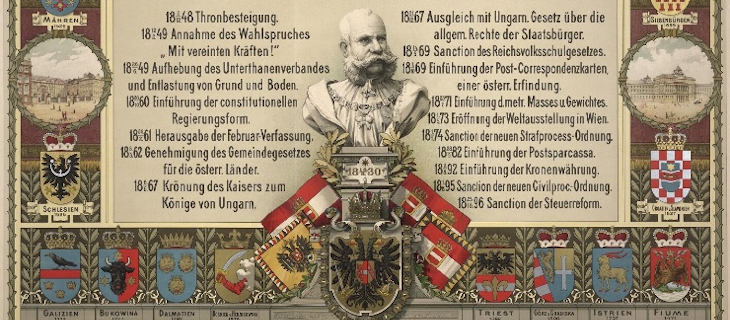
Honouring the emperor without the emperor
The symbolic role of Franz Joseph in the system of ideas about imperial power is described in the text about the emperor's visit to Lviv. However, the figure of the emperor was informationally present in the city even in his physical absence. It was quite evident, in particular, during various celebrations, jubilees or anniversaries.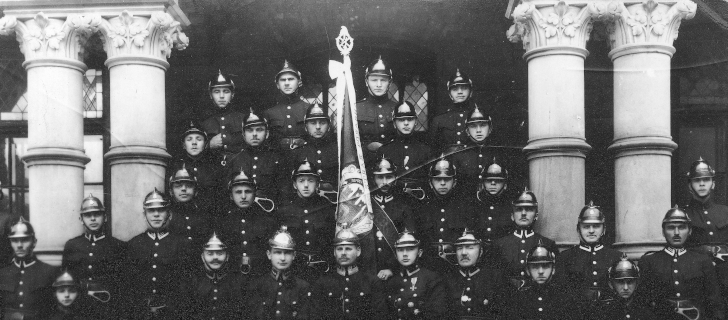
40th anniversary of the Fire Association Sokół (May 30-31, 1909)
In 1909, Lviv celebrated the 40th anniversary of the Fire Association Sokół. The anniversary of this association was an opportunity to demonstrate success in city management and to show that a Polish association was capable of effective self-organization. Also, it was an opportunity to "play with one's muscles" as the event had a clearly paramilitary character.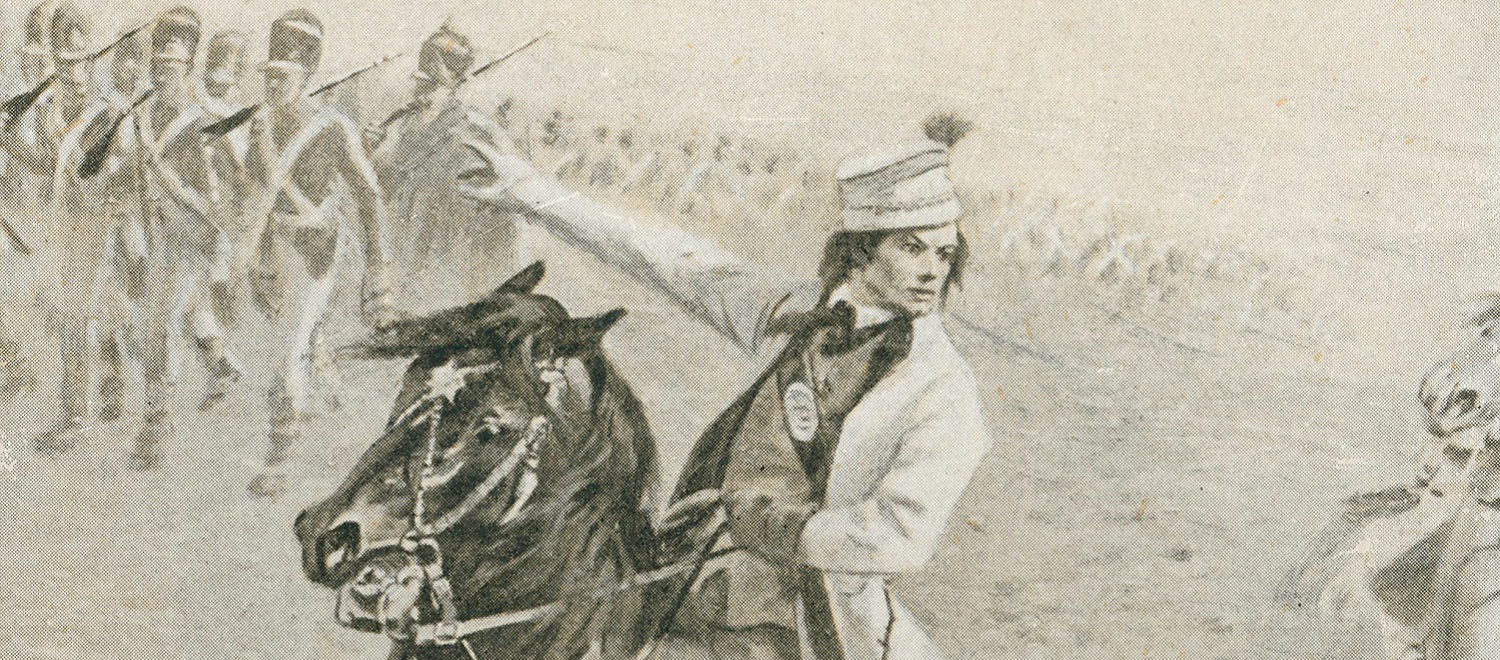
115th Anniversary of Tadeusz Kosciuszko's Victory at Racławice (1909)
The "rounds" on the occasion of the 115th anniversary of Kosciuszko's victory at Racławice belong to this category, as they included, in addition to traditional services, solemn meetings and rallies, other interesting, unusual events.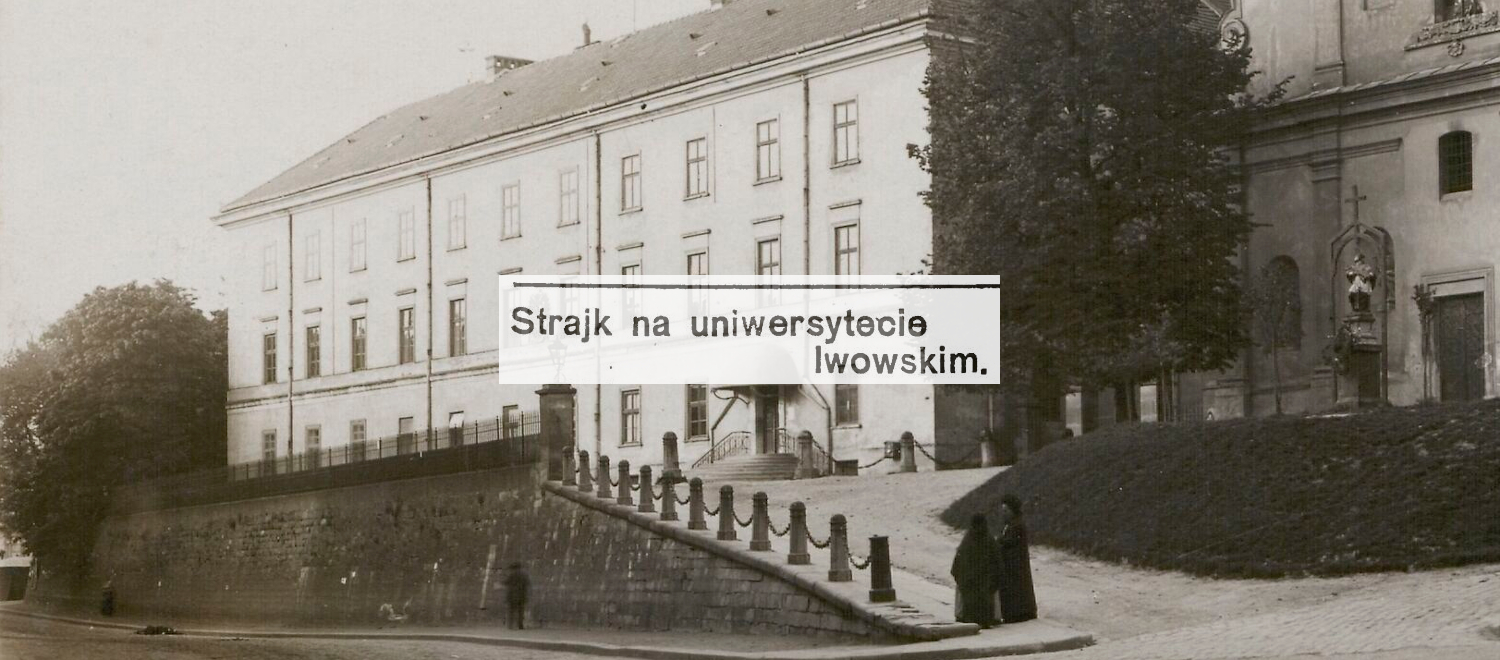
Students and the Struggle for the Status of Lviv University (1909)
The issue of the University of Lviv was part of a broader confrontation over the status of the Ukrainian language and thus an element of national competition between Poles and Ukrainians. Students, as the most "progressive" and active part of society, were at the forefront of this struggle.